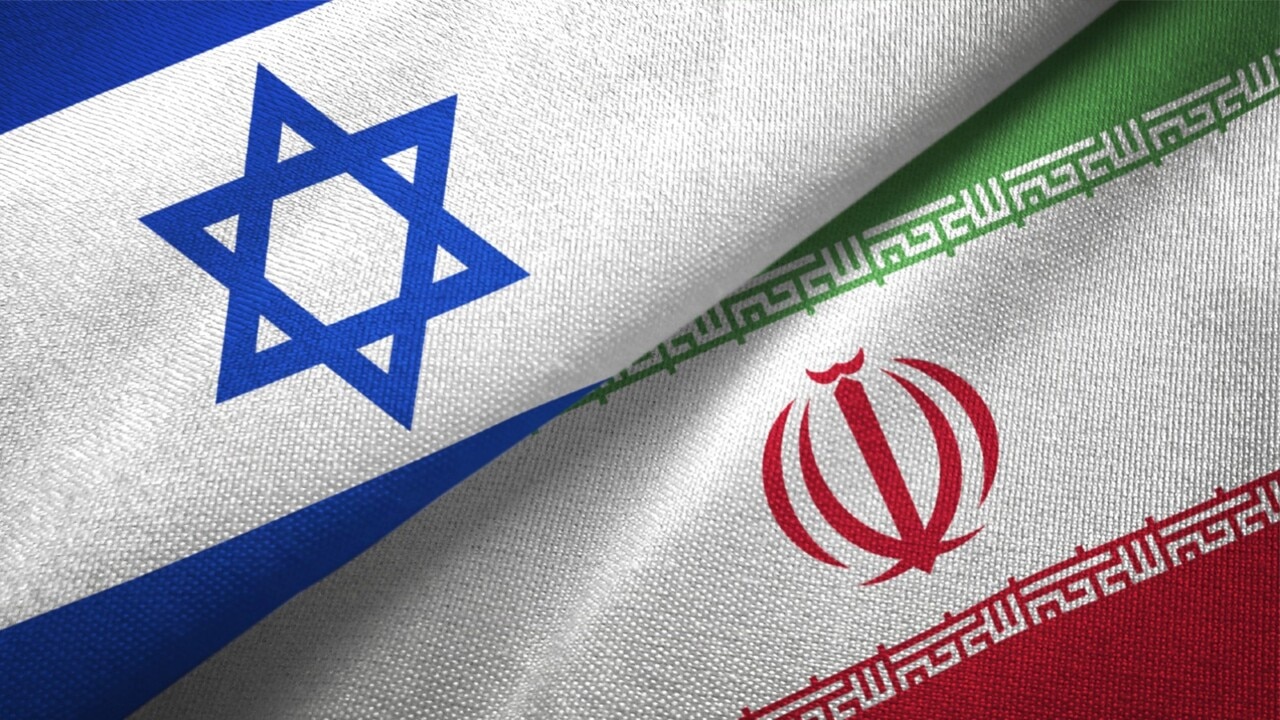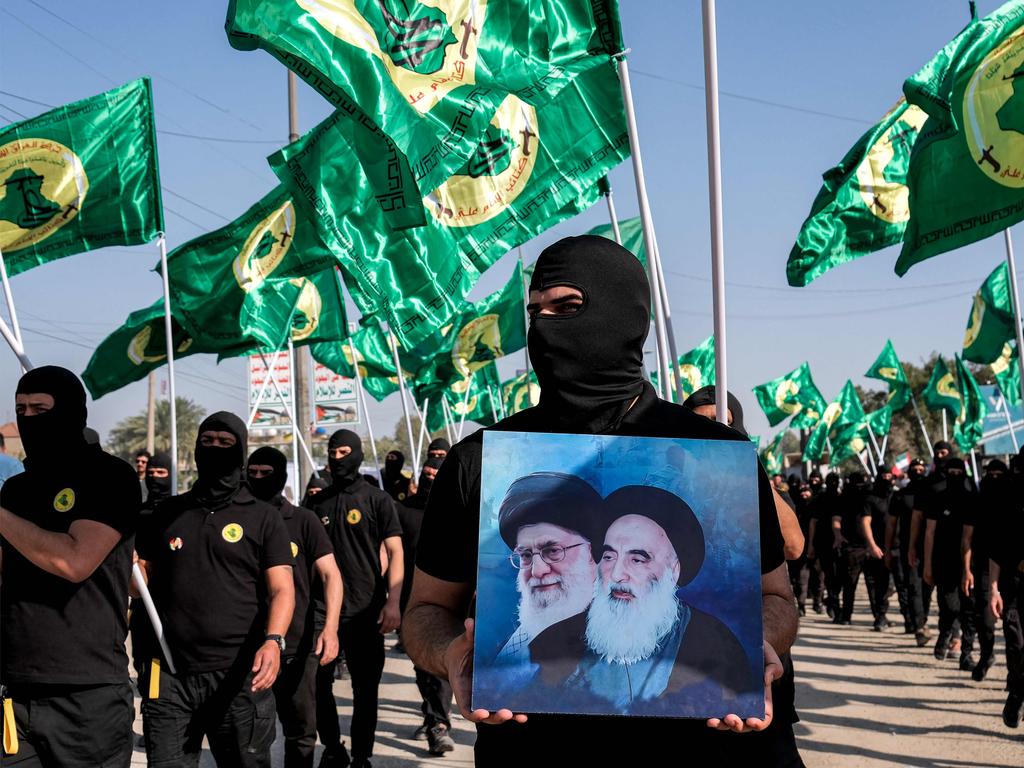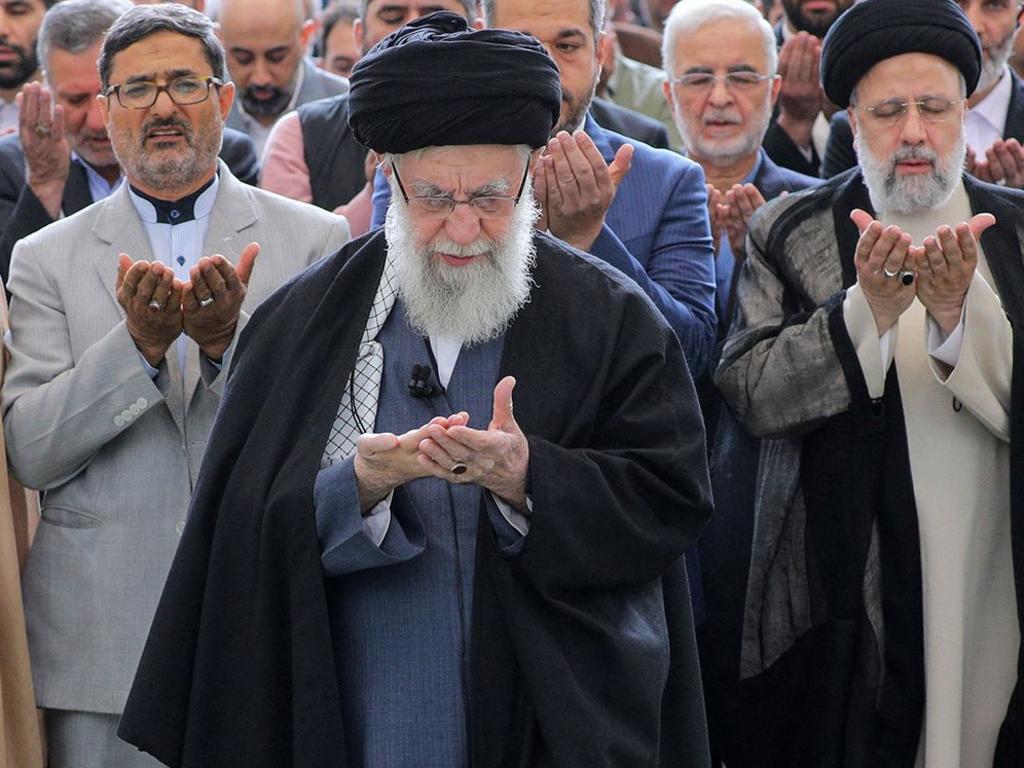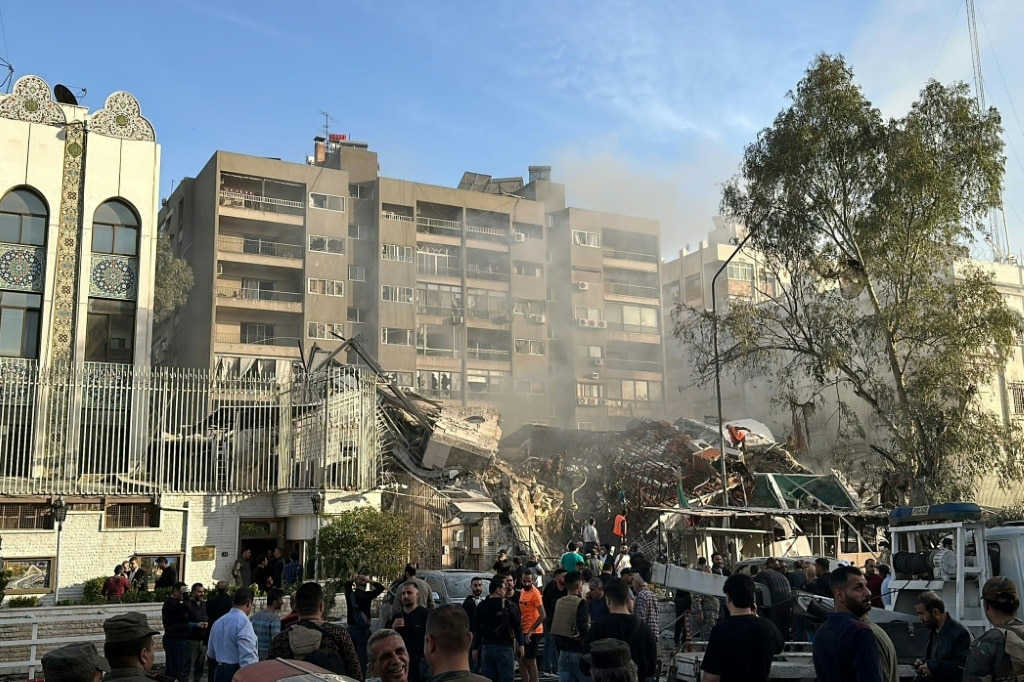Why Tehran’s calculated gamble takes Mid-East to brink of war

In the end nearly all of Iran’s projectiles were destroyed in the air by the combined efforts of Israel’s close partners and its own air defence capabilities. Those that weren’t shot down inflicted no significant damage.
It appears on the face of it an expensive and dangerous tightrope for Iran to walk. But Iran needed to re-establish deterrence after Israel had, two weeks prior, launched an unprecedented attack against Iran’s diplomatic compound in Damascus that killed several senior Islamic Revolutionary Guards Corps officers.

At the same time, Tehran needed to ensure as far as possible that its response was not seen as part of a broader campaign of retaliation. This much was evident in the fact that even before the last drone had been shot down, Iran’s ambassador to the UN issued a statement saying its actions were in response to Israel’s attack and that “the matter can now be deemed concluded”. At this early stage it is difficult to say what, if any, impact this will have on the region’s security. While Iran may consider the matter concluded, Israel will have a say in the matter.
The US will naturally urge caution on the part of Israel. Washington was not informed of the Damascus strike ahead of time and was at pains to tell Tehran it had no involvement in it. The White House would not have been happy with Israel’s decision to attack, and saw in the attack’s timing an attempt by Benjamin Netanyahu to ensnare Washington in a broadening of the conflict in the Middle East. Joe Biden’s patience with Netanyahu is being sorely tested.
The public pronouncements about the way he is conducting the military campaign in Gaza, and about any future operation against Hamas’s last stronghold in Rafah, are evidence of this.
At the same time, Biden is careful to reiterate US support for the state of Israel and the financial cost of Sunday’s air defence operation against Iranian targets as a way of showing how much effort Washington is willing to expend in protecting Israeli territory.
By providing an outer air defence shield and gaining the co-operation of other states to assist, Biden is also hoping to prevent Netanyahu from pursuing any unilateral retaliation against Iran.
Tehran has also bought some insurance against possible Israeli retaliation with its seizure of an Israeli-linked container ship near the Straits of Hormuz in a preliminary operation prior to its attacks. The ship has been diverted to an Iranian port and the crew detained.

Because of its peripheral links to Israel, it wouldn’t be sufficient to deter an Israeli response, but the video footage of Iranian forces rappelling from a helicopter on to the ship’s deck, as well as the vision of Iranian drones and missiles in Israeli airspace, give Iran’s decision-makers a sufficiently powerful story to tell the domestic audience about how the Supreme Leader uses force judiciously when required. Internationally, Tehran will be satisfied that deterrence has been re-established. Having telegraphed what was about to occur, it opted to focus on quantity rather than quality for this attack.Reports that hundreds of drones and missiles were launched give an indication of the scale of the attack.
But if it intended to badly damage Israel, it was entirely capable of launching a surprise attack, with follow-on attacks utilising a broader range of weapons and a more co-ordinated effort from its regional proxies and allies. Tehran didn’t exactly let the genie out of the bottle in this attack, but it certainly let him pop his head out. And that was the point.
It is difficult to tell what the ramifications of Iran’s “successful failure” will be in coming weeks. Saddam Hussein launched Scud missiles at Israel during the 1991 Gulf War, and Hezbollah and Hamas have fired rockets into Israel for decades. But Iran has a more sophisticated capability than either of those actors.
At the same time, with sufficient warning Israel has proven its air defence systems are world-class. But the brazenness of Tehran’s response will undoubtedly win it support from the amorphous Arab street. Any attack against Israel in the current climate is likely to have popular support well outside the borders of Iran. Regardless of the actual damage caused, Tehran’s actions against Israel in the middle of its Gaza campaign stand in stark contrast to Arab states’ rhetorical support for the Palestinians. Such popular support is usually ephemeral but for the moment it will have boosted Tehran’s stocks among some in the region.
If Tehran is a strategic opportunist, seeing what advantage it can take of any situation that presents itself, Netanyahu is a political opportunist and there is little doubt he will see this as an opportunity to be exploited.

All of Israel’s allies and regional states are urging caution as they seek to de-escalate the situation. And Washington has been assiduously trying to avoid confrontation, while providing enormous support to Israel to shield it from the Iranian attack. The fact the attack was unsuccessful has now given Netanyahu options. He could refrain from responding and focus his efforts on Gaza, secure in the knowledge Washington has his back. His domestic political enemies will hold it against him, but that is politics. He could respond kinetically but in a manner designed not to initiate a cycle of attacks. The room for error in this course of action is enormous, particularly in the current febrile security environment. He could respond in a non-kinetic manner that may limit the possibility of counteraction, but may also not be sufficient to deter Iran in the future.
If the situation does not deteriorate further, and the Cold War status quo between Iran and Israel is restored, Washington will feel it, and the region, dodged a bullet. Hamas initiated the current conflict with its attack on October 7; since then Washington has had to variously support, cajole and criticise Israel as its Gazan campaign attracts international criticism.
The US has assembled a coalition to target Houthi elements in the Red Sea. It has avoided being sucked into a broader conflict as Israel takes unilateral action against senior Iranian personnel. It has helped to defend Israel against the Iranian response. And it has reassured the region its security remains a priority in Washington. Any one of these tasks would be hard to achieve; dealing with them simultaneously and without becoming decisively engaged has been an impressive feat. One wonders how long it will be able to sustain it, particularly with a presidential election six months away.
Rodger Shanahan is a Middle East analyst and former army officer. He is currently in Lebanon.







Surprise is one of the key principles of war. But Iran, in telegraphing both its intent to strike at Israel and the rough timing of that response, did away with this key principle. By launching several hundred drones and missiles at Israel, Tehran understands its unprecedented action risks plunging the Middle East into a conflict the likes of which has not been seen.